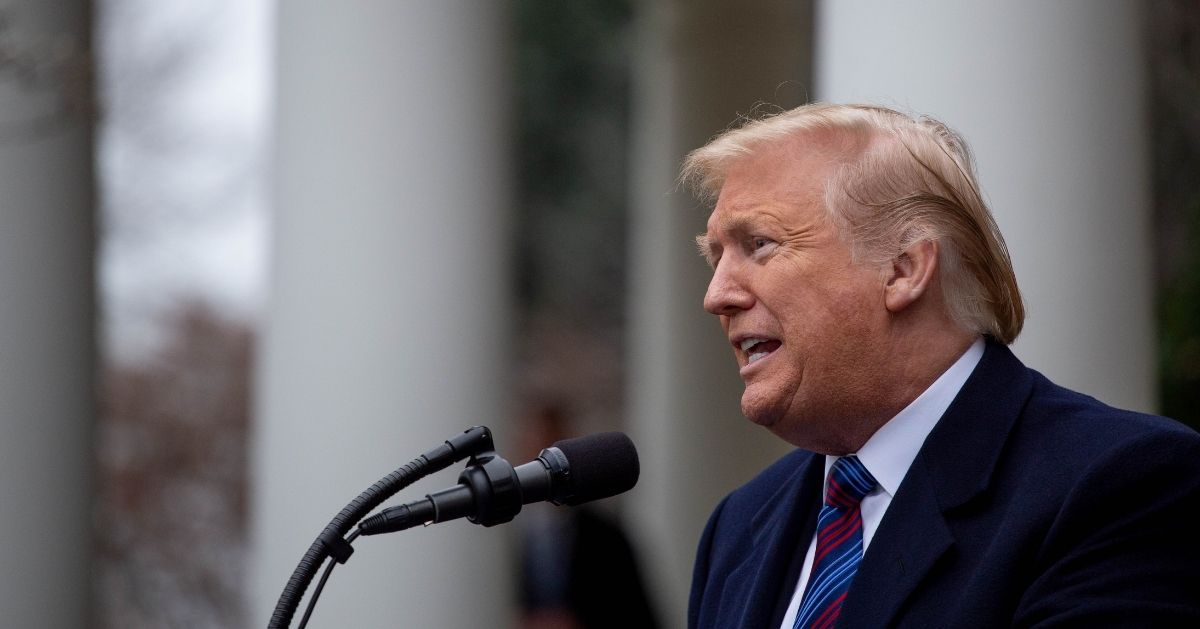Following SCOTUS ruling on homeless encampments, California Gov. Newsom orders surprising crackdown
In June, the Supreme Court ruled that states and municipalities can enforce laws against homeless encampments without violating the constitutional rights of those individuals.
In a somewhat surprising move, Democratic California Gov. Gavin Newsom launched a statewide crackdown on homeless encampments via an executive order, according to The Guardian.
Homelessness has long been a problem in California that has steadily worsened in recent years as many of those unhoused individuals have taken to establishing encampments comprised of tents, vehicles, and other makeshift shelters.
Court rules enforcement of laws against homeless encampments is constitutional
In late June, SCOTUSblog reported that a 6-3 majority of the Supreme Court ruled that the U.S. Constitution's Eighth Amendment's ban on "cruel and unusual punishment" did not prevent states and municipalities from enforcing laws against homeless individuals camping on public property.
At issue were efforts in 2013 by the Oregon city of Grants Pass to enforce such laws that were blocked five years later by a district court and the Ninth Circuit Court of Appeals, which both sided in favor of a homeless couple who sued the city and asserted that criminal penalties for homelessness violated their constitutional rights.
The court's majority led by Justice Neil Gorsuch determined that was not the case, however, while Justice Sonia Sotomayor and her liberal comrades on the court objected in a fiery dissent that leveled terrible accusations against their conservative-leaning colleagues.
The ruling, while specific to Grants Pass, can be interpreted to apply broadly across the country and will allow for reasonable actions to be taken to address public camping by homeless individuals, including the imposition of civil and criminal penalties.
Newsom orders a crackdown
Given how little California has done to combat homelessness over the years effectively, it was surprising that Gov. Newsom issued a press release on July 25 to announce an executive order that authorized all state agencies and departments to "urgently address homeless encampments while respecting the dignity and well-being of all Californians."
In addition to that order to state agencies and departments, the governor also called upon cities and counties to take similar actions to clear out homeless encampments across the state, and even offered up billions of dollars in state and federal funds to assist such measures.
"This executive order directs state agencies to move urgently to address dangerous encampments while supporting and assisting the individuals living in them -- and provides guidance for cities and counties to do the same," Newsom said in a statement. "The state has been hard at work to address this crisis on our streets. There are simply no more excuses. It’s time for everyone to do their part."
Much of California following the governor's lead
The Guardian reported that Gov. Newsom's order appeared to trigger a domino effect that has resulted in a crackdown throughout much of the state to clear out and clean up the thousands of homeless encampments that have been established on public property.
In addition to the efforts by state agencies, localities like Fresno, Orange County, and even San Francisco have launched their own efforts to remove such encampments, much to the consternation of advocates for the rights of homeless people.
Indeed, there have been complaints about police being excessive in their rudeness or the use of force in some instances to tear down tents and makeshift shelters and make the individuals living there move along to somewhere else or face possible repercussions.
One municipality doing things differently, however, is Los Angeles, where encampment removal efforts have been half-hearted in part because of a board of supervisors' motion that prohibits criminal penalties or jail time for homeless encampments.





